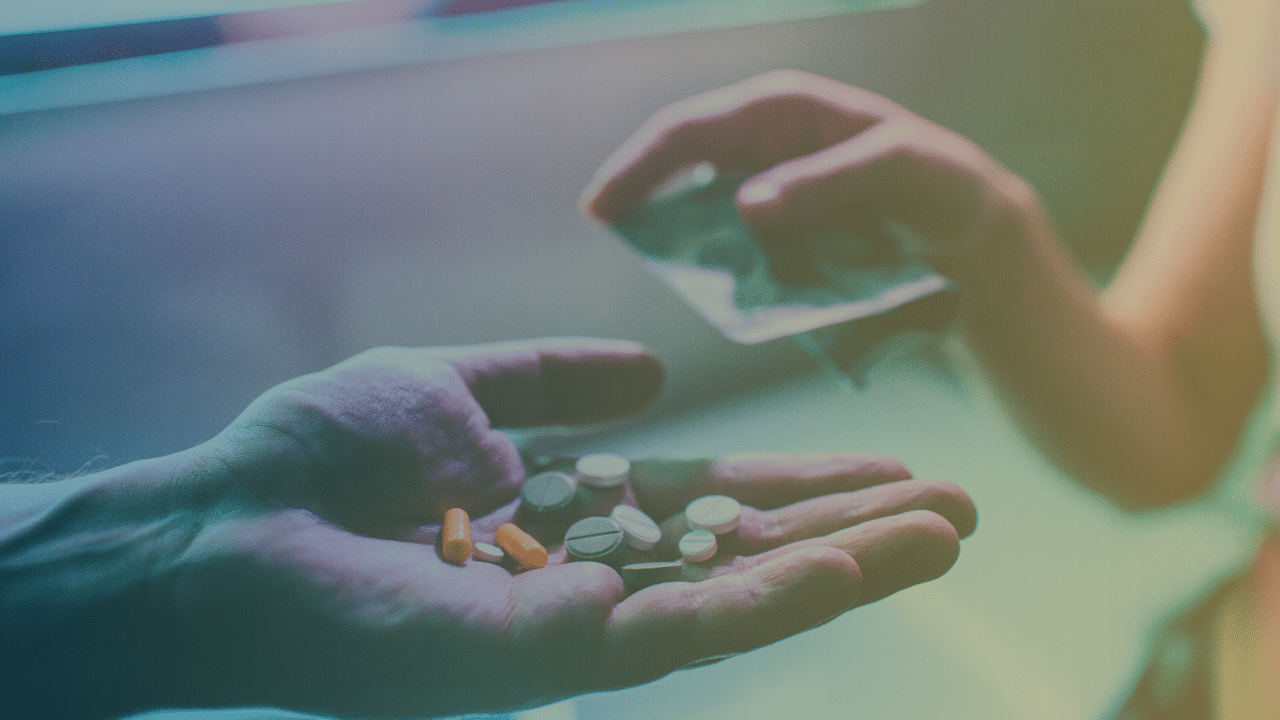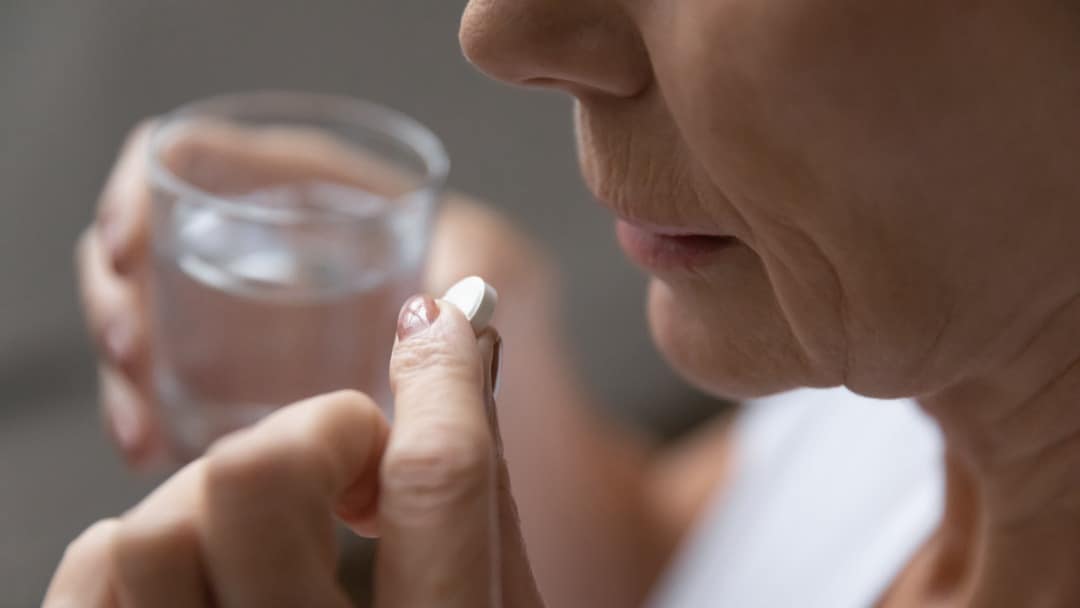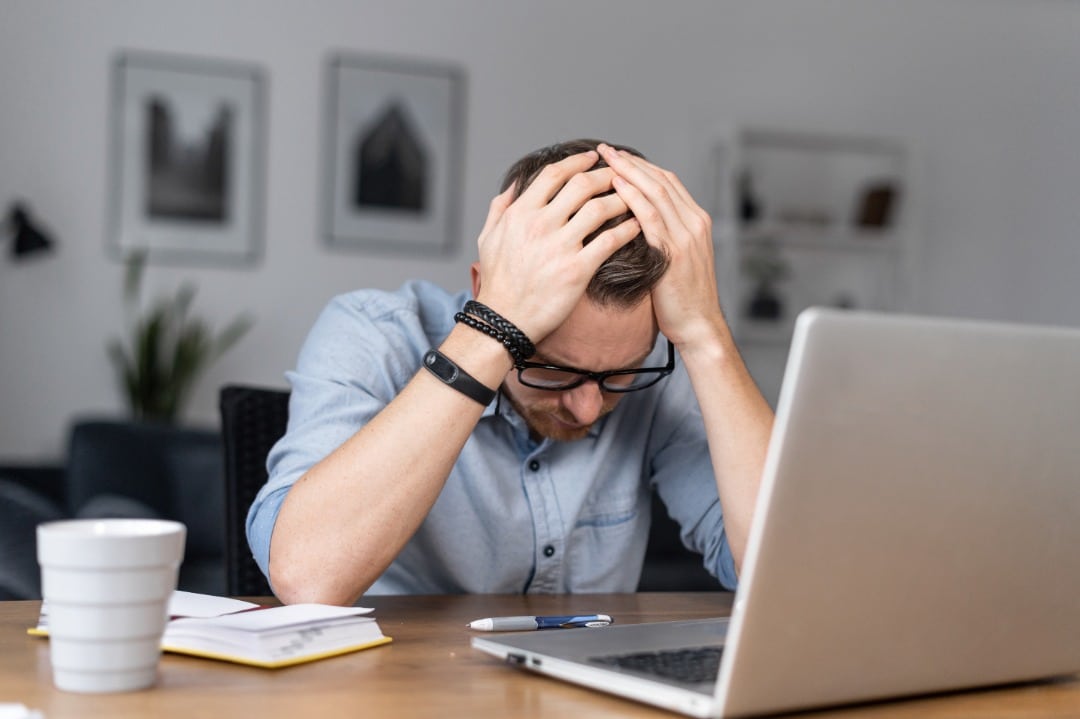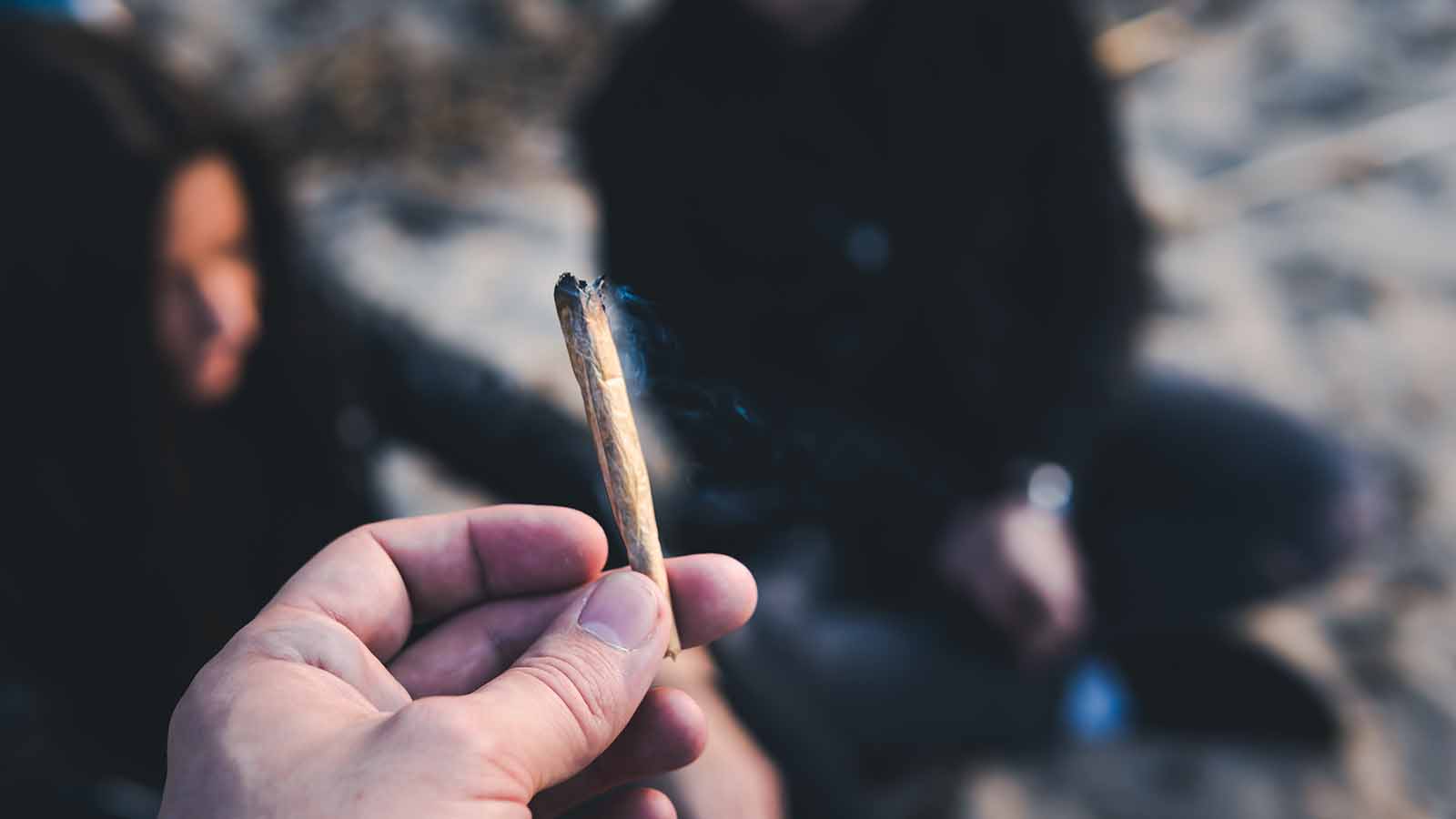What Are Considered ‘Recreational Drugs?’
What Are Recreational Drugs?

Examples of Recreational Drugs
- Cannabis (marijuana)
- Synthetic cannabis
- Mushrooms
- LSD
- Cocaine
- MDMA (Molly, ecstasy)
- Amphetamine
- Alcohol
- Methamphetamine
What Are the Effects of Using Drugs Recreationally?
The effects of recreational drugs depend primarily on the drug you’re using and the quality of the substance. While illegal drug use is not encouraged, it’s important to do research on a drug you’re thinking about using before taking it so you know exactly what to expect.
The main effects of using recreational drugs are developing a higher tolerance, becoming physically dependent, or forming an addiction to a substance or multiple substances. All recreational substances also have some sort of impact on the brain. This is where the “high” sensation comes from.
Many recreational drugs are known to increase the levels of a chemical in the brain called dopamine, which can create feelings of euphoria.
Dangers of Recreational Drugs
Obviously, drug use can lead to addiction down the line. Addiction comes with its own set of effects and consequences, depending on the particular substance. Additionally, all of the drugs above have the potential for causing overdose. Overdose, if not treated quickly, may lead to coma, death, or severe health complications.
Also, especially in the case of club drugs, you never know exactly what you’re getting when you buy a recreational drug. You may know what is supposed to be in the drug, but some recreational drugs can be laced with dangerous illicit substances without you even knowing.





